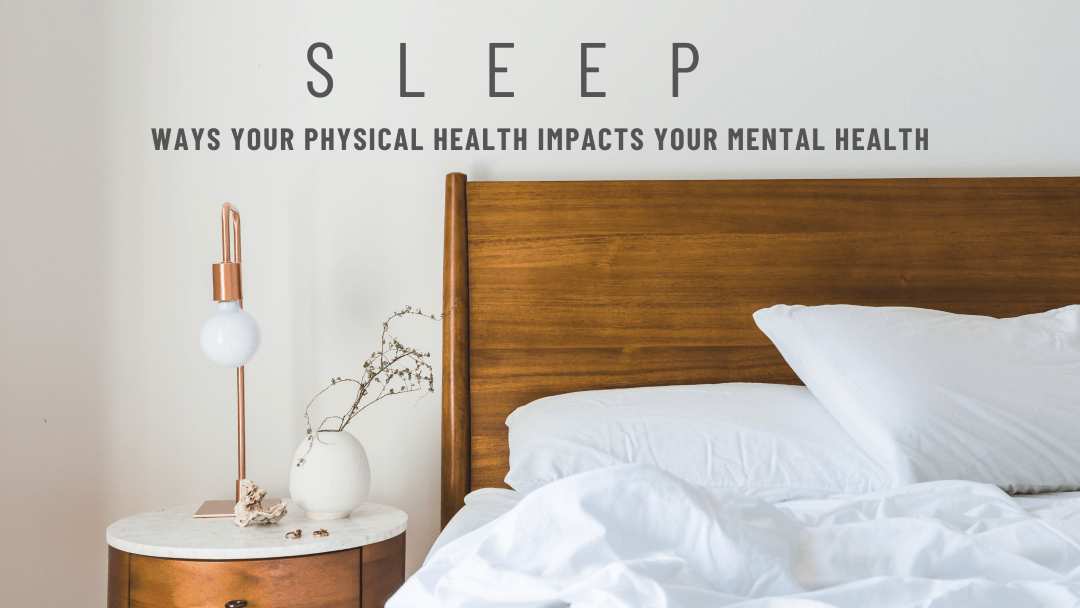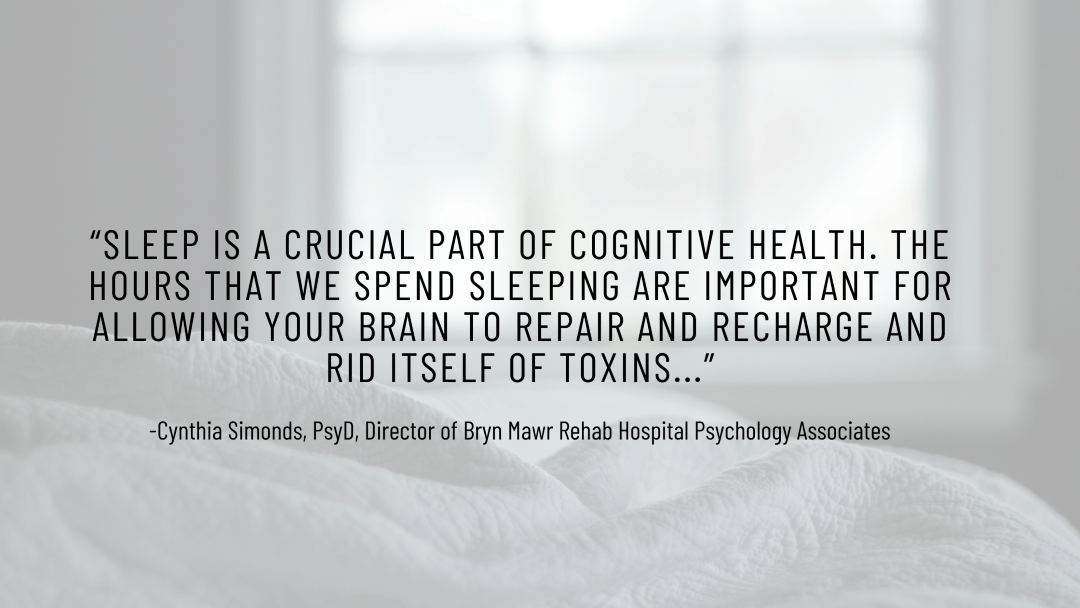You Are Not Sleeping Well As You Used To

Are you not sleeping as well as you used to after your head injury? You're not alone. Disruptions in our sleep cycles can be caused by a host of things including the direct trauma inflicted on the "sleep" areas of our brains, changes in melatonin levels or brain hormones, and regulators. After talking with many TBI survivors, I quickly learned I wasn't the only one having issues with my sleep cycles. Others described that since their head injury, they've had one or more issues:
- Having trouble falling asleep or staying asleep
- Waking up frequently throughout the night
- Experiencing not getting enough oxygen while asleep
- Have developed sleepwalking or talking in their sleep
Just How Important is Sleep for TBI Recovery

Doctors and researchers suggest that sleep is crucial for TBI recovery and if survivors aren't getting enough sleep it can actually make TBI symptoms worse... Sound familiar? Some symptoms that worsen with lack of sleep include bain fatigue, confusion, symptoms of depression and anxiety, mood swings; memory loss, and worsening physical pain.
Learning to Reset my Sleep Cycles
The "best" bandaids out there are marketed as sleep aids and medications. Ironically, many sleep medications, including over-the-counter drugs can make TBIs worse. In my own personal experience, I witnessed this first hand and soon turned to an alternative approach to really help rest my sleep cycle. I began redefining what "good sleep hygiene" was for me.
Defining Good Sleep Hygiene
Here's what Good Sleep Hygiene looks like for me:
Routine:
- Going to bed and getting up at the same time every day... including those Saturday and Sunday mornings...
- Not lying awake in bed instead, making time to do a relaxing activity for a short while before bed.
The Bedroom:
- Keeping stress and work out of the bedroom
- Not watching TV or working on your computer while in bed
- Keeping my bedroom quiet, dark, and at a comfortable temperature
Physical Health:
- Getting some exercise and sunshine every day to help reset your internal clock BU avoiding heavy exercise and heavy meals before bedtime.
- Taking the time to rest during the day, but not napping for more than 20 minutes
- Cutting out caffeine, alcohol, and nicotine
This is not a practice that improves overnight! It may take weeks or months for the human body to adjust to life after an accident let alone a closed head injury and the trauma that it brings, but it is a crucial practice to be mindful of as you go throughout your recovery!
Stay Updated on Advancements On Traumatic Brain &
Spinal Cord Injuries
About the Author




